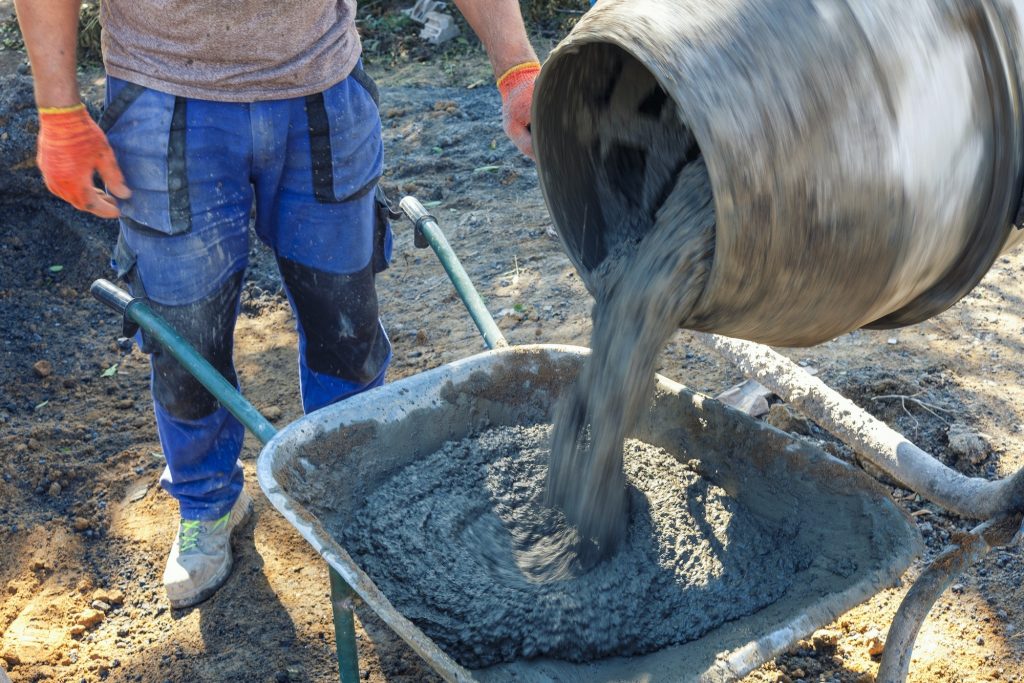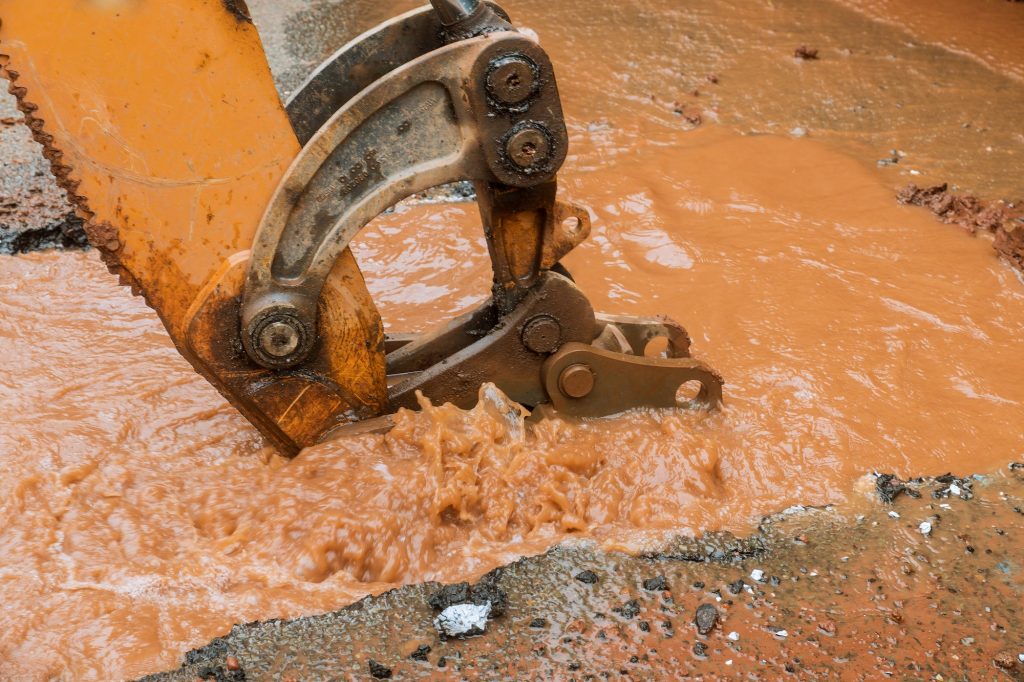Clean water is essential for human health and the environment. Water is necessary for basic human needs such as hydration, cooking, and cleaning. However, access to clean water is not always guaranteed. In many parts of the world, water sources are contaminated with pollutants, bacteria, and other harmful substances. To address this issue, water filtration systems have become increasingly popular in recent years. In this article, we’ll explore the benefits of water filtration systems and how they can help protect your health and the environment.
How Water Filtration Systems Work
Water filtration systems work by removing impurities and contaminants from water. There are several different types of water filtration systems available, including:
- Activated carbon filters
- Reverse osmosis systems
- Distillation systems
- UV water purifiers
Each type of water filtration system uses a different method to remove impurities from water. For example, activated carbon filters work by absorbing impurities, while reverse osmosis systems use a membrane to remove impurities.
The Benefits of Water Filtration Systems
Using a water filtration system offers several benefits, including:
Improved health and wellbeing
Water filtration systems can remove harmful contaminants from water, such as lead, chlorine, and bacteria. This can help improve the taste and smell of your water, as well as reduce your risk of exposure to harmful substances. Drinking clean water can also improve your overall health and well-being, as it can help improve digestion, boost your immune system, and even improve your skin health.
Cost savings compared to bottled water
Investing in a water filtration system can save you money in the long run. Rather than buying bottled water, you can use your water filtration system to create clean drinking water at home. This can help reduce your carbon footprint and save you money on your monthly expenses.
Environmental benefits
Using a water filtration system can also help reduce your impact on the environment. By reducing your reliance on bottled water, you can help reduce plastic waste and lower your carbon footprint. Additionally, many water filtration systems are designed to be more energy efficient than traditional water treatment methods, which can also help reduce your carbon footprint.
Choosing the Right Water Filtration System
When choosing a water filtration system, there are several factors to consider. These include the type of contaminants you want to remove, the size and capacity of the system, and the overall cost. It’s also important to consider the maintenance and replacement costs associated with each type of system.
To help you choose the right water filtration system for your needs, here are some expert tips:
- Identify the type of contaminants in your water. This will help you choose the right type of filtration system to remove those contaminants.
- Determine your budget. Water filtration systems can range in price from a few hundred dollars to several thousand dollars. Consider your budget and choose a system that fits your needs and your budget.
- Choose a reputable brand. Look for a water filtration system from a reputable brand with a proven track record of quality and performance.
- Consider the maintenance and replacement costs. Make sure you understand the maintenance and replacement costs associated with each type of water filtration system before making a purchase.
Installing a Water Filtration System
Once you’ve chosen the right water filtration system, it’s time to install it. Depending on the type of system you’ve chosen, you may be able to install it yourself or you may need to hire a professional plumber.
If you’re installing the system yourself, make sure you carefully follow the instructions provided by the manufacturer. This will help ensure that the system is installed correctly and that it functions properly.
If you’re hiring a professional plumber to install the system, make sure you choose a licensed and experienced plumber with experience installing water filtration systems. This will help ensure that the system is installed correctly and that it functions properly.
Once your water filtration system is installed, it’s important to properly maintain and care for it. This includes regularly replacing the filters, cleaning the system, and following any other maintenance instructions provided by the manufacturer.
Common Water Contaminants and Their Effects on Health and the Environment
Several common water contaminants can have negative effects on both human health and the environment. These include:
- Lead
- Chlorine
- Pesticides and herbicides
- Bacteria and viruses
- Arsenic
- Nitrate
Exposure to these contaminants can cause a range of health problems, including digestive issues, neurological problems, and even cancer. Additionally, these contaminants can have negative effects on the environment, including harming aquatic life and contaminating soil and water sources.
Conclusion
Using a water filtration system can help protect your health and the environment by removing harmful contaminants from your drinking water. By choosing the right system, installing it correctly, and properly maintaining and caring for it, you can enjoy the benefits of clean, safe drinking water.



